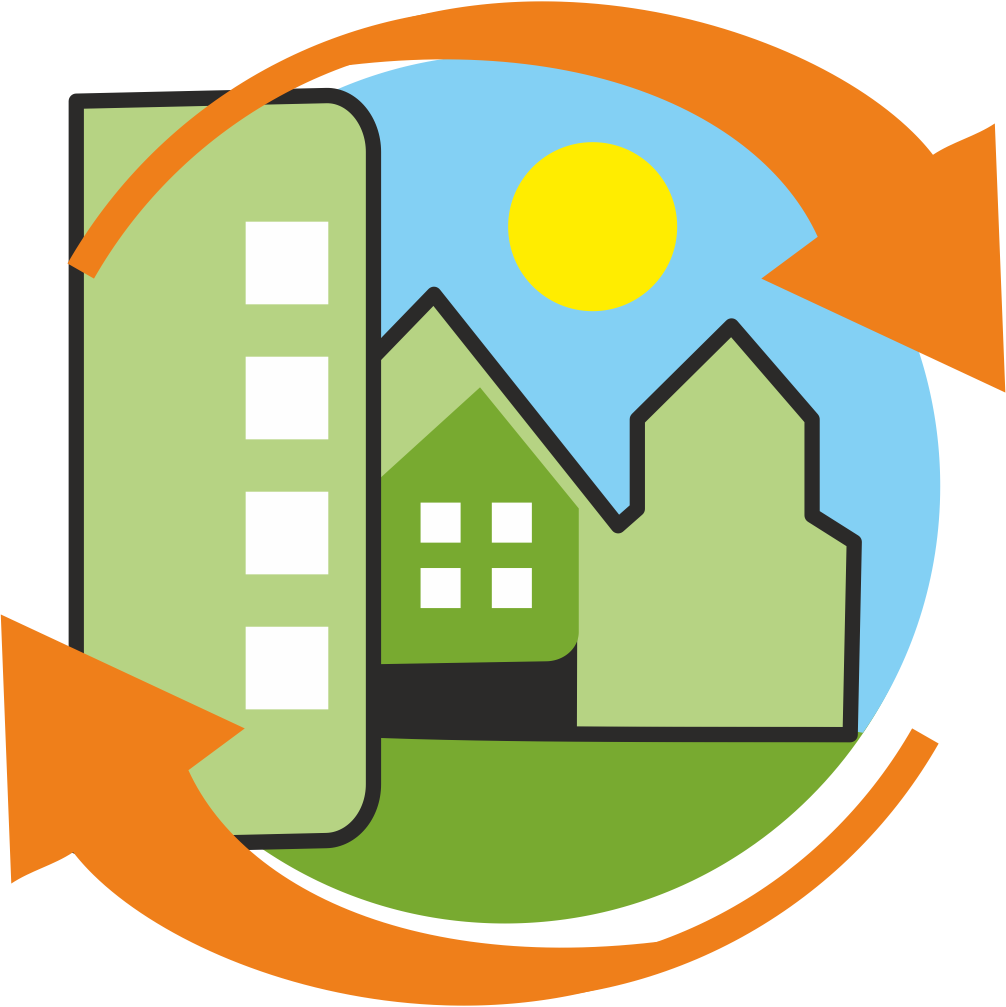Critical Materials in Circular Economy of Cities (Romulus) 2022-2025
Romulus explores the occurrence and chemical composition and properties of critical metals, integrating this with research on the circular economy of cities. The programme examines processes, products and services that are based on sustainable development.
The growth of developing economies increases the demand for natural resources further. Cities use critical materials or elements in many places, such as households, buildings and different structures. Towards the end of the materials’ life cycles, it is necessary to reclaim critical materials or elements and reuse or recycle them. Especially the reserves of rare natural resources are dwindling fast. It is ever more important to secure the reliable and undisturbed availability of metals that are necessary for applications of ICT, communications and new environmental and energy technologies. Batteries for electric cars, panels for solar power production, and high-power permanent magnets for wind power production all include rare-earth metals which are defined as critical and other elements which will be defined as critical in the future. The poor availability of these strategically important metals and other elements is caused by many different reasons. Europe is dependent on the import of metals. The European Commission aims to secure the reliable, sustainable and reasonable priced availability of raw material. The European mining industry cannot provide raw material for all technologies. Efficient recycling is necessary to improve the reliability of raw material availability.
The programme studies the deposits of high-demand metals and their chemical characteristics in different matrices, and develops cost-effective processes for metal beneficiation, separation, recovery and purification in accordance with the principles of sustainable development. The programme considers both pure recycling processes and existing primary processes that integrate metals or intermediates rich in metals. The programme also studies the scalability of processes and cost-effective and sustainable waste recycling and creates system-level modelling know-how for circular economy solutions. The themes can be researched from multiple perspectives, such as system theory, industrial ecology or value creation in recycling.
Recycling of materials requires new legislation, other policy instruments and understanding of consumer behaviour and responsibility. The research of these themes is an essential part of the programme.
Separating usable material from urban waste (urban mining) is one of the ways to secure the raw material industrial production needs. Electronic waste, for example, is often many times richer in certain metals than ore (e.g. circuit boards in Cu, Au, Pt, Pd, Ag). The recovery is also more cost-effective. However, products have only small amounts of certain technology metals (e.g. In in flat screens, Co in circuit boards), which is why the recycling process loses a large amount of elements. Enabling cost-effective recovery requires new innovations.
Utilising the materials in urban structures (e.g. buildings, structures including underground pipes and cables, electric and electronic waste) requires knowledge of material composition. The wide range of different waste materials is a research challenge. In each case you must find out how to reclaim the desired element in an environmentally friendly and cost-effective way or solve the question of material recycling or reusing in another way. A functional circular bioeconomy is central in achieving the goals of sustainable development.
